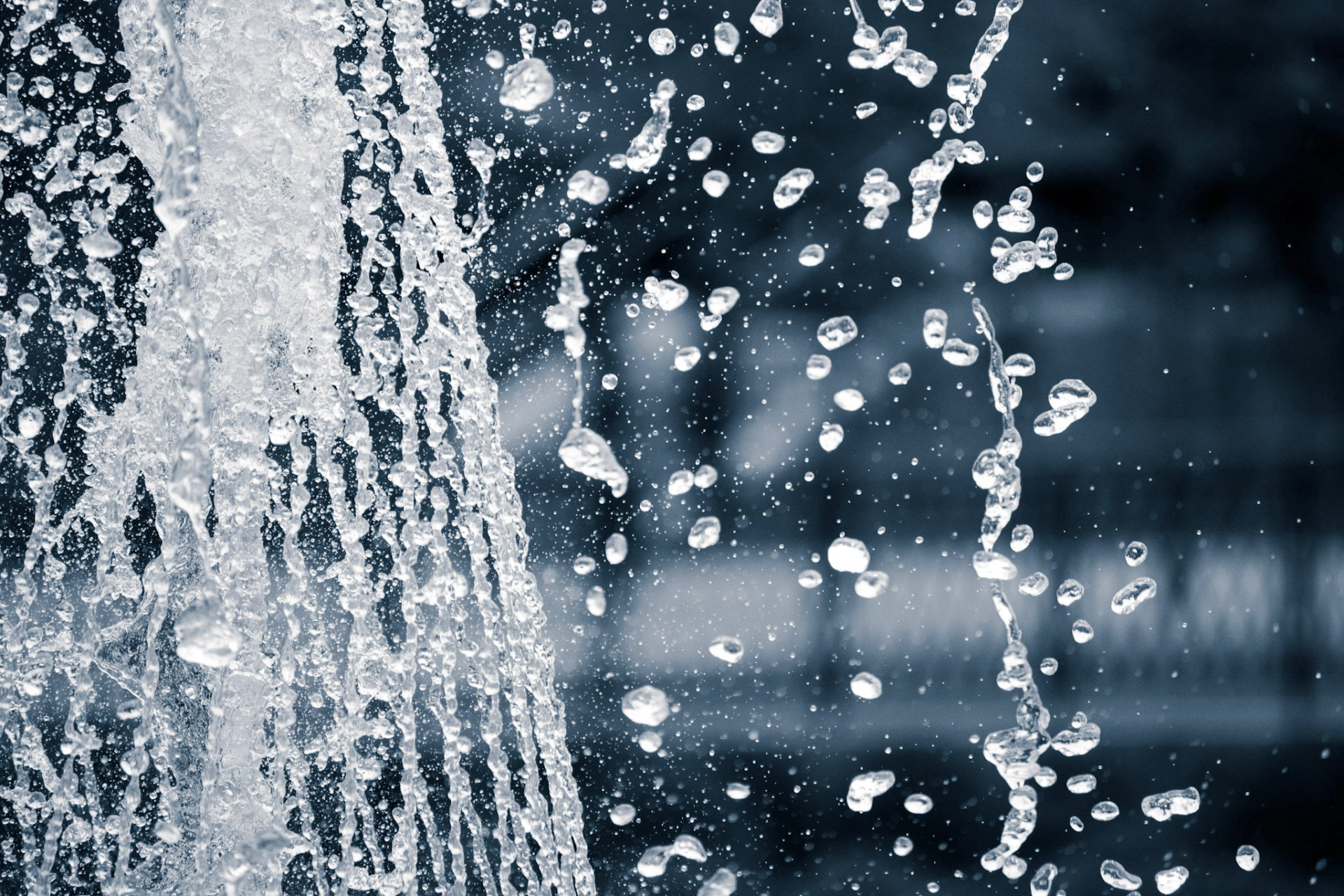As such, it is facing ever-increasing regulatory, reputational and operational risks as public awareness turns into action, such as new laws, protests and lawsuits. The issue has also been included in the UN’s 2030 Agenda for Sustainable Development:
“By 2030, substantially increase water-use efficiency across all sectors and ensure sustainable withdrawals and supply of freshwater to address water scarcity and substantially reduce the number of people suffering from water scarcity.”
One of the biggest reasons for why industries worldwide use so much water is frequent cleaning. This cleaning is often done through hydroblasting with a clean-out-of-place (COP) system or by using a typical Clean-in-Place (CIP) method with chemicals – both of these can use up a lot of water. Luckily, new technologies bring new ways of tackling industrial fouling while lowering water usage.
Turn off the tap completely
One of the areas in which Altum has been working to not only improve water-use efficiency, but to turn the tap off completely, is ultrasonic cleaning. It is a smart, sustainable, and cost-effective way to avoid fouling and scaling with no downtime in production.
Fouling or precipitates obstructing industrial flow systems and heat processes is a major industrial problem that can leave a substantial water footprint depending on the size of the equipment and the type of problem.
Heat exchangers, valves, and pipelines, for example, will inevitably foul and require the deposits to be removed for productivity to return to optimum levels. For years, the traditional approach to removing fouling has been hydroblasting.
According to industry publication BIC Magazine, when cleaning 21 heat exchangers using either a Low-Pressure Washdown (LPW) or High-pressure Washdown (HPW), the volume of wastewater generated ranges from around 5,000 to 48,000 gallons (22,500 to 218,000 liters).
For comparison, the average amount of water supplied per person per day to households in Europe is 38 gallons (144 liters).
Improve industrial water efficiency
Combining hydroblasting with a clean-out-of-place (COP) system increases the risk of contaminated wastewater being introduced into the surrounding environment. Similarly, some water-based clean-in-place (CIP) methods end with the chemically treated hot water going down a drain.
The UN estimates that 80% of wastewater resulting from industrial activities is discharged into the world’s lakes, rivers, and seas without being treated or reused, which is why its 2030 Agenda for Sustainable Development is also targeting the problem.
The goals aim to minimize the release of hazardous chemicals and materials, halve the proportion of untreated wastewater, and substantially increase recycling and safe reuse globally.
“When you are saving water, you are not just protecting the lake or the stream in your neighborhood; you’re doing much more than that for ecosystems for the climate and for the planet,” stressed Richard Connor, Editor in Chief of the UN’s World Water Development Report ahead of World Water Day 2022.
It is time to reduce your environmental footprint, support sustainable development and improve the water efficiency of industry. To achieve those goals, innovative solutions, products, and technologies like Altum’s IoT- and- AI-enabled, Zero-Process-Downtime (ZPD) ultrasonic cleaning will be required.
ZPD is the only externally attached power ultrasound system in the world that is controlled with a patented software that will clean any existing production environment without making any changes to the production equipment, reduce downtime or leave a significant water footprint. It’s enough to make your mouth water.
Contact us with your fouling and/or scaling problem today and we will help you solve it.

